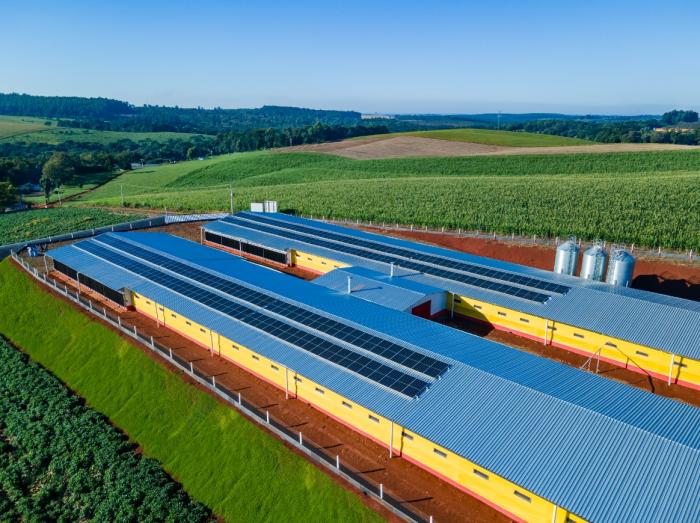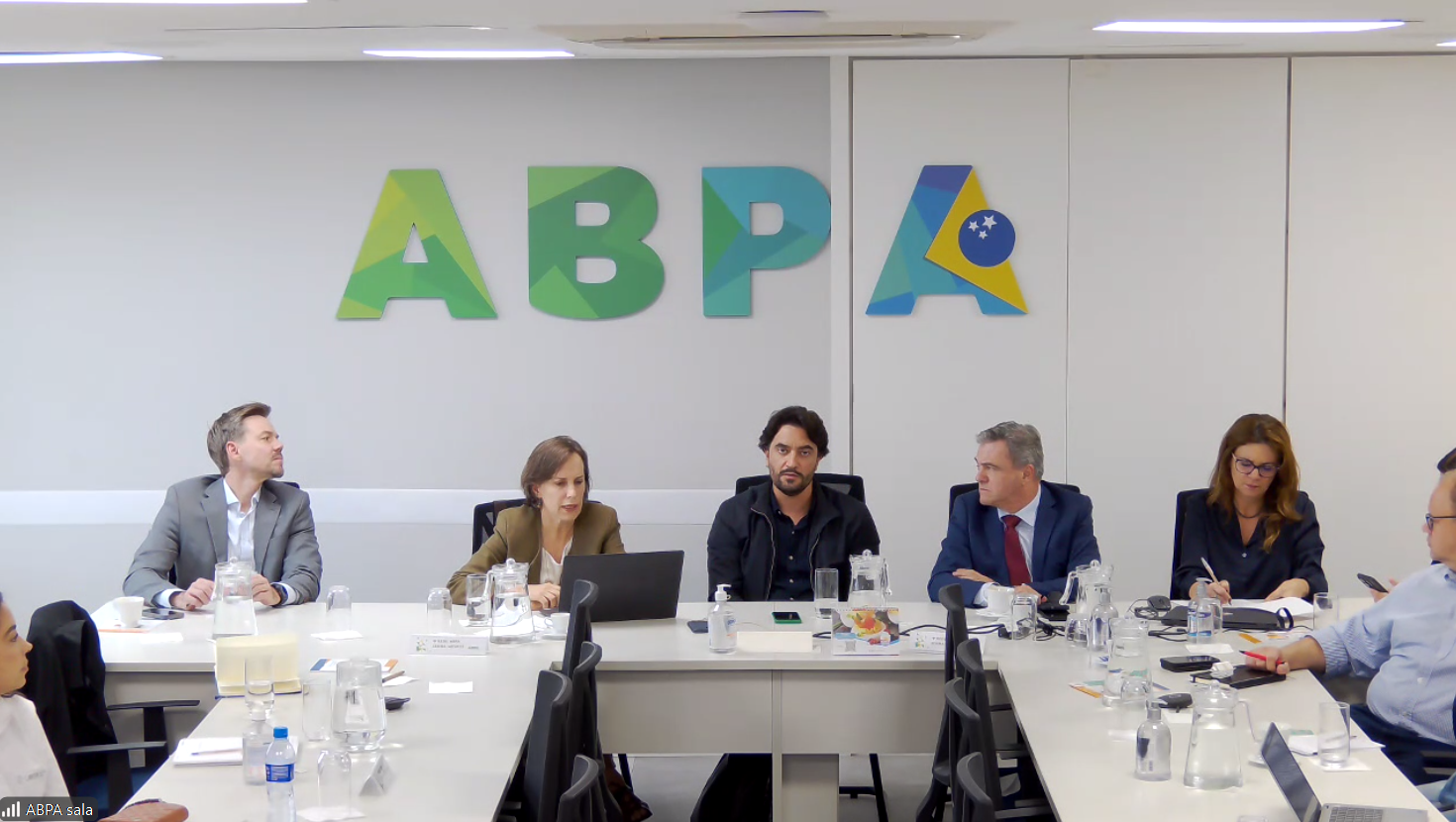Environment
Marfrig and BRF Earn Gold Seal for Transparency in Greenhouse Gas Emissions Management

Certification highlights sustainability progress and commitment to international climate goals
Food industry giants Marfrig and BRF have been awarded the Gold Seal from the Brazilian GHG Protocol Program, the country’s leading certification for greenhouse gas (GHG) emissions management. The seal recognizes the companies’ transparency in publishing emissions inventories and their adoption of practices aimed at reducing environmental impact.
For BRF, this marks its 16th consecutive certification, while Marfrig receives the recognition for the second year in a row.
Launched in 2008 by the Center for Sustainability Studies at Fundação Getulio Vargas (FGVces), in partnership with WRI Brazil, the Ministry of the Environment, CEBDS, and WBSCD, the Brazilian GHG Protocol Program adapts the international methodology for emissions calculation and management to the national context. The data submitted by certified companies is made publicly available in the Public Emissions Registry, a reference for corporate transparency in Brazil.
Both Marfrig and BRF follow the program’s methodology to prepare their annual GHG inventories, which are independently verified by a third party.
According to Paulo Pianez, Global Sustainability Director for both companies, the Gold Seal “reinforces the solidity and reliability of the commitments made by both companies to reduce greenhouse gas emissions.”
Science-Based Targets
Marfrig was the first Brazilian animal protein company to commit to science-based targets under the Science Based Targets initiative (SBTi), aligned with the goals of the Paris Agreement. Its approved targets include reducing direct emissions (Scopes 1 and 2) by 68% and cutting the intensity of indirect emissions (Scope 3) by 33% by 2035. The company has also pledged to use 100% renewable electricity by 2030.
BRF, in turn, had its climate targets validated by the SBTi in December 2024, becoming the first food company in Brazil to adopt the new FLAG methodology, which includes emissions from forests, land use, and agriculture. The company aims to reduce its direct emissions by 51% and indirect emissions by 35.7% by 2032.
READ TOO

Environment
28/04/2025
JBS expands electric truck fleet and avoids 5,200 tons of CO₂ emissions
Fleet expansion reflects environmental commitment and boosts logistics efficiency across Brazil JBS, one of the world’s largest food companies, has expanded its […]
Read more
Animal welfare
Food Safety
01/10/2025
ABPA launches “Conscious Use, Sustainable Future” movement
The Brazilian Animal Protein Association (ABPA) has launched the “Conscious Use, Sustainable Future” Movement, an initiative aimed at expanding and encouraging awareness […]
Read more
Social Development
27/02/2024
Brazilian poultry sector donates 10 thousand kilos of chicken meat to UN
The Brazilian Animal Protein Association (ABPA) and JBS/Seara yesterday (26) delivered a donation of 10 thousand kilos of chicken meat for actions […]
Read more
